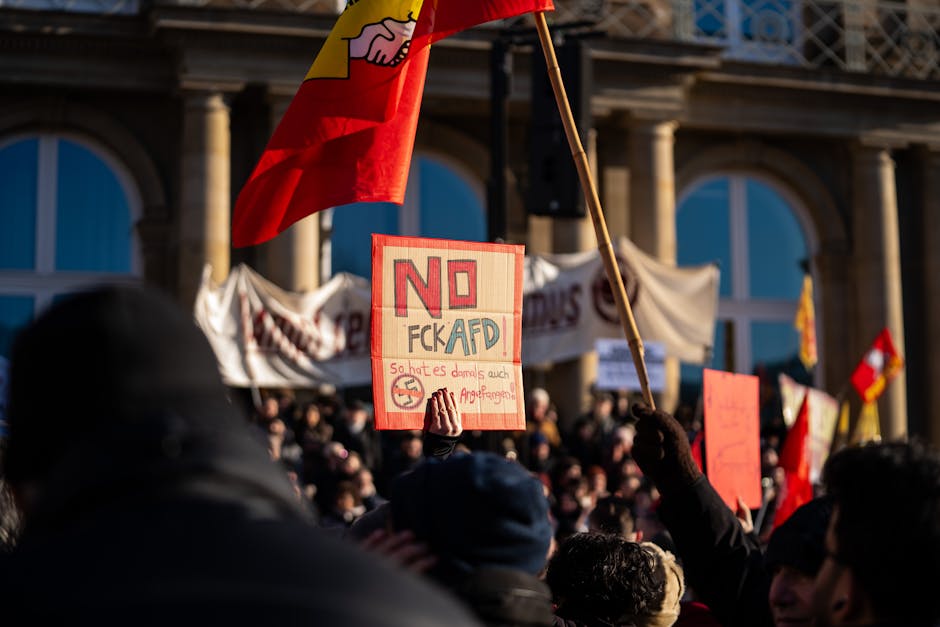The tapestry of political discourse, while aiming for inclusivity, often overlooks crucial threads. A critical examination reveals that certain voices are consistently marginalized, their perspectives undervalued, and their concerns relegated to the periphery. Understanding these silenced narratives is essential for fostering a more just and representative political system. This article explores the groups most frequently ignored within the political sphere, highlighting the systemic factors contributing to their marginalization and the implications of this ongoing silencing.
Disenfranchisement of Specific Populations
A multitude of demographics are systematically disadvantaged in the political arena. One prominent example is the intersectional experience of marginalized racial minorities. Historical and systemic oppression continues to affect their representation and engagement in political processes. Discriminatory practices, ranging from voter suppression tactics to lack of access to crucial information and resources, often hinder their ability to participate fully. This absence of representation in decision-making bodies leads to policies that fail to address the unique needs and concerns of these communities.
Another crucial group consistently overlooked are low-income individuals. Financial constraints often restrict their participation in political activities, such as campaigning, attending rallies, or even simply engaging in informed discourse. The economic disparity exacerbates the problem, creating a feedback loop where those with fewer resources are less likely to be heard. Policies that fail to consider their perspectives perpetuate cycles of poverty and inequality, further marginalizing their voices.
Beyond race and socioeconomic status, LGBTQ+ individuals, people with disabilities, and religious minorities face considerable hurdles in political participation. Stigma, discrimination, and a lack of understanding in the broader political culture can result in their voices being systematically silenced. This lack of representation translates into policies that do not accurately reflect their needs and concerns, potentially causing harm and exclusion.
The Erosion of Public Discourse
The digital age, while promising greater access to information, paradoxically has amplified some forms of exclusion and marginalization. Social media, for example, can exacerbate echo chambers where differing viewpoints are not only dismissed, but actively suppressed. This phenomenon can hinder the development of nuanced and constructive political discourse. The prevalence of misinformation and the proliferation of hateful rhetoric on these platforms contributes significantly to the silencing of marginalized communities. These online spaces often become breeding grounds for discriminatory narratives that shape perceptions and influence political narratives against specific groups.
The role of the media in perpetuating this cycle is also noteworthy. Media outlets, while often aiming for objectivity, can unintentionally or intentionally promote narratives that favour certain viewpoints while excluding or misrepresenting others. This biased reporting can contribute to a skewed understanding of the issues faced by marginalized groups, potentially furthering their marginalization in the public consciousness. The limited representation of diverse journalists can also contribute to this phenomenon, reinforcing a homogenized perspective that overshadows the stories of others.
The Need for Critical Awareness and Action
Recognizing that marginalized voices are not simply outliers but integral components of a healthy democracy is paramount. Actively seeking out and amplifying these voices is critical for creating a more equitable and inclusive political landscape. This requires a shift in perspective and a commitment to fostering environments where different viewpoints are not only tolerated but actively sought. Education plays a crucial role here, encouraging a deeper understanding of the struggles and experiences of marginalized communities.
Policies and procedures should be re-evaluated and revised with an eye towards inclusivity. Implementing measures to ensure proportional representation in government and other decision-making bodies will provide a more comprehensive outlook and will help counteract the historic marginalization of many groups. This includes measures that promote the political empowerment of often-disenfranchised groups through resources and support that remove barriers to political participation.
Furthermore, the media plays a critical role in diversifying its content, ensuring balanced and nuanced reporting, and promoting the stories of those often left out of the narrative. Encouraging media literacy among the public and providing training to journalists on covering the diverse experiences of marginalized individuals can significantly improve their inclusion and representation. Moreover, the fight against misinformation and hateful rhetoric on online platforms is paramount, requiring collective effort from tech companies, media organizations, and concerned individuals.
Moving Forward
The task of ensuring every voice is heard in the political realm is an ongoing commitment that demands collective action. It requires a profound shift in understanding, an acknowledgment of historical biases, and a conscious effort to amplify marginalized narratives. This effort must extend beyond simply listening to include actively seeking out and valuing the experiences of those who are often overlooked. By making intentional efforts to address the silencing of these voices, the political discourse becomes more nuanced, the policies more equitable, and the political system more representative of the diverse citizenry it claims to serve. This is not merely a matter of social justice; it is the bedrock of a truly democratic society.
